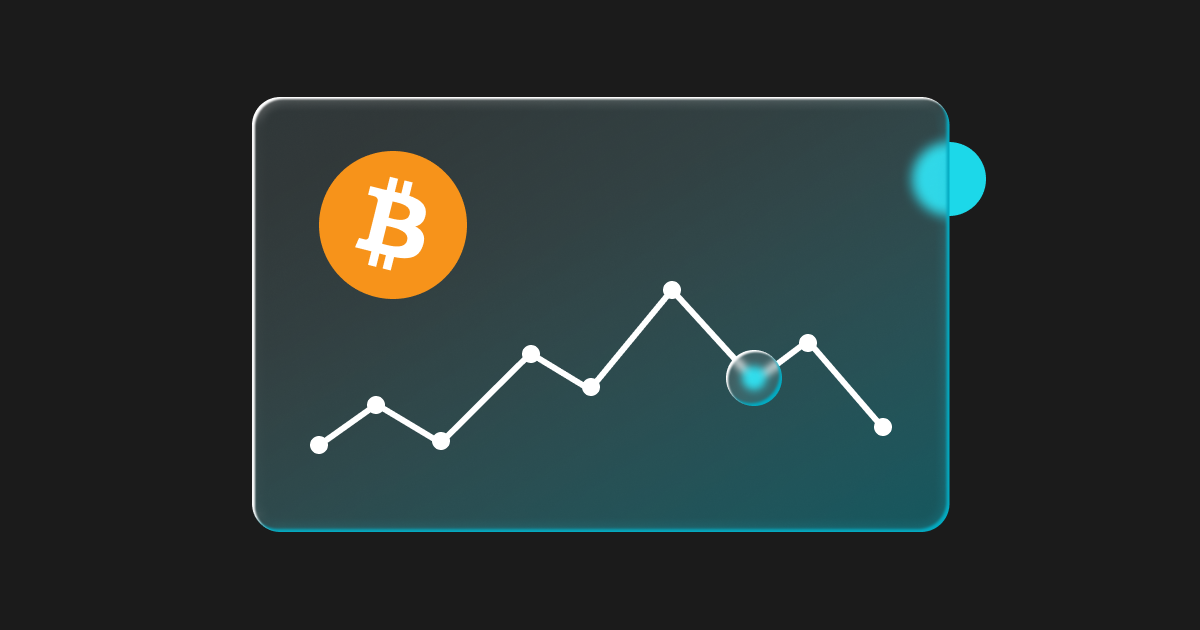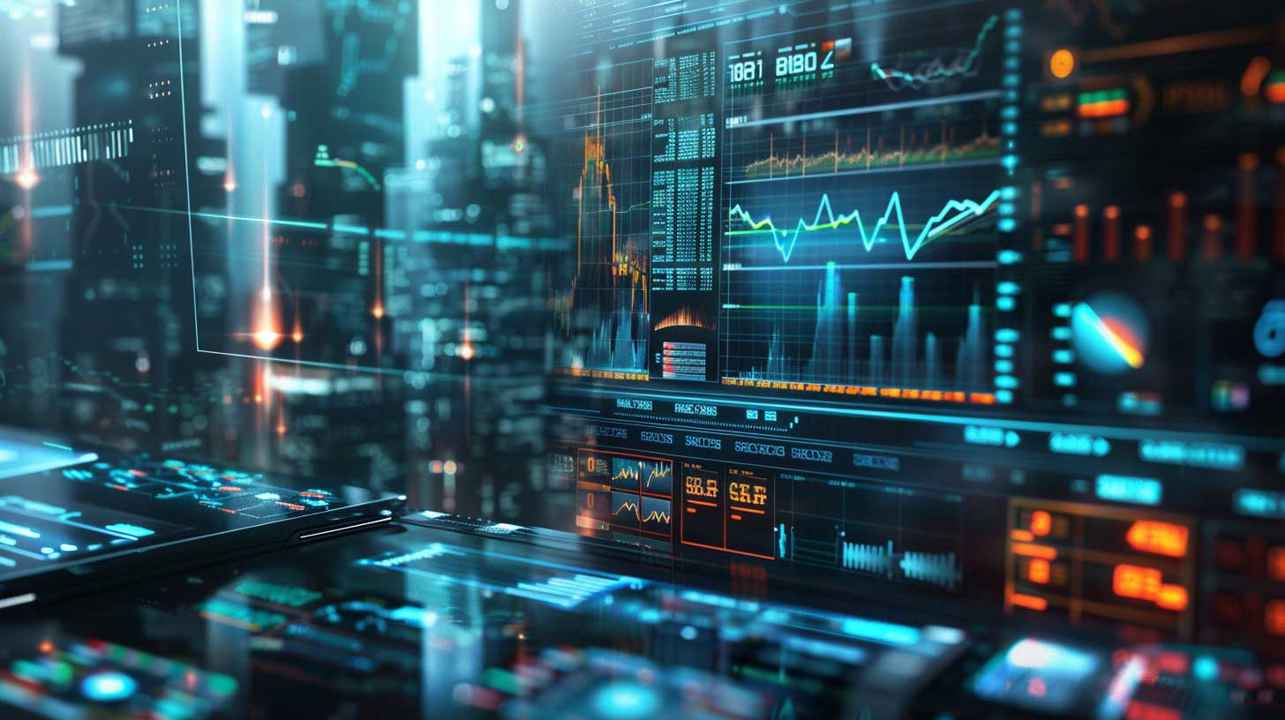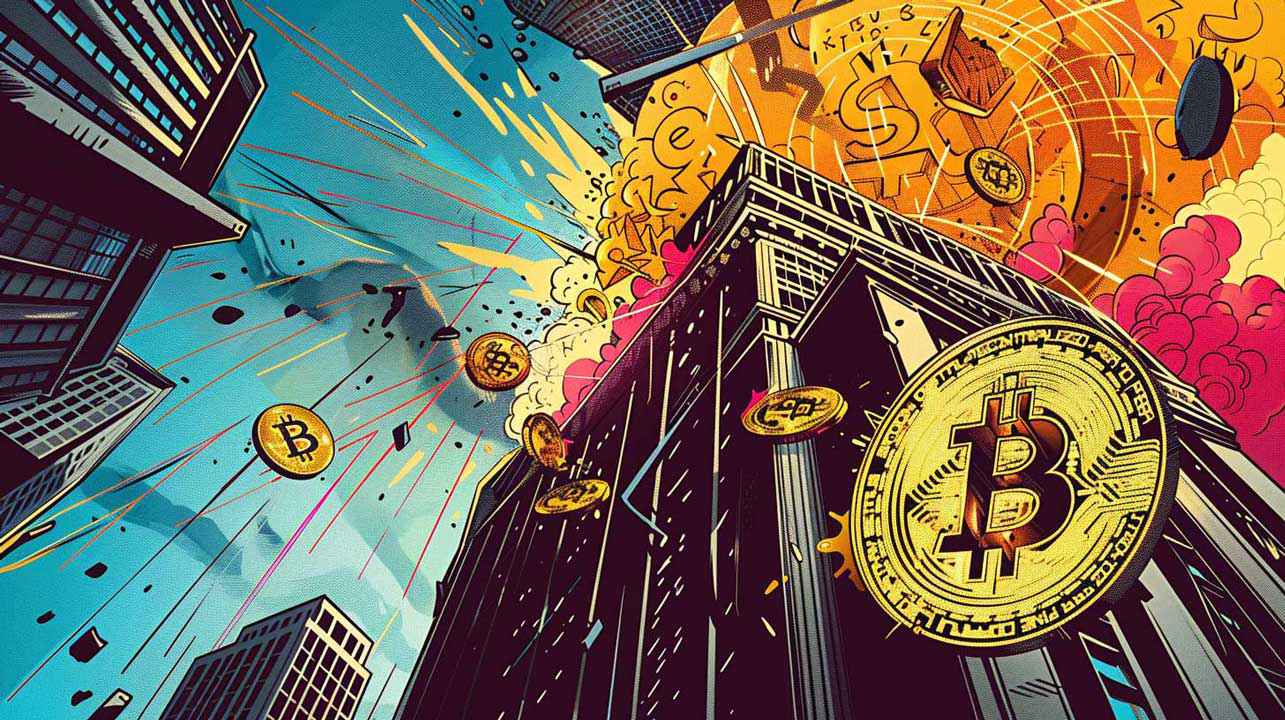TikTok to automatically label AI-generated content
TikTok, the popular social media platform for creating and sharing short-form videos, said it will now start automatically labeling artificial intelligence (AI)-generated content (AIGC) when it is uploaded to the platform.
On May 9, the social media giant said it is partnering with the Coalition for Content Provenance and Authenticity (C2PA) and will be the first media-sharing platform to implement its Content Credentials technology.
TikTok has already been requiring content creators to label realistic AIGC for over a year, along with anything made with its own TikTok AI effects.
However, the recent development implements auto-labeling on AI-generated content created using other platforms. It said this will be done with the Content Credentials technology which attaches metadata to content that the platform can use to instantly recognize and label AIGC.
The statement said the increase in auto-labeled AIGC on TikTok will be “gradual at first” as soon as Content Credential is implemented on other platforms to metadata, it will be able to label more content.
For the time being, the feature will only be available for images and videos, with the intention of bringing it to audio content in the near future.
The social media platform has also joined the Content Authenticity Initiative (CAI), led by Adobe. Dana Roa, the general counsel and chief trust officer at Adobe, said:
“At a time when any digital content can be altered, it is essential to provide ways for the public to discern what is true.”
Related: Biden’s Homeland Security team taps tech elite for AI defense board
In addition to the AI labeling, TikTok said it will also be rolling out media literacy resources, which were developed alongside MediaWise and WITNESS.
The social media platform intends to release 12 videos throughout the year highlighting universal media literacy skills and explaining how TikTok tools like AIGC labels can further contextualize content.
This comes as AI continues to advance and has the capacity to create more realistic content , sparking a rise in AI-generated deepfakes.
On May 8, authorities in Hong Kong discovered an unlicensed, fraudulent cryptocurrency exchange that faked connection with Elon Musk , posting AI-generated videos and images of Musk on its website and social media handles.
A few days prior, Berkshire Hathaway co-founder Warren Buffett said the impact of AI concerning illicit financial activities is comparable to the advent of the atomic bomb and nuclear weaponry.
This came after exposure to a deepfake of himself that was able to realistically mimic the way he dressed, moved and talked.
Magazine: Pickup artists using AI, deep fake nudes outlawed, Rabbit R1 fail: AI Eye
Disclaimer: The content of this article solely reflects the author's opinion and does not represent the platform in any capacity. This article is not intended to serve as a reference for making investment decisions.
You may also like
Bitcoin Nears $85K Amid Trade Optimism and Fed Hints at Rate Cuts

Trade wars push blockchain into supply chain solutions

Corporations hold $57 billion in Bitcoin

Trump administration walks back tariff ‘exemption’ on electronics
Trump says he’s “flexible” on electronic tariffs, and that more developments are “coming up”
